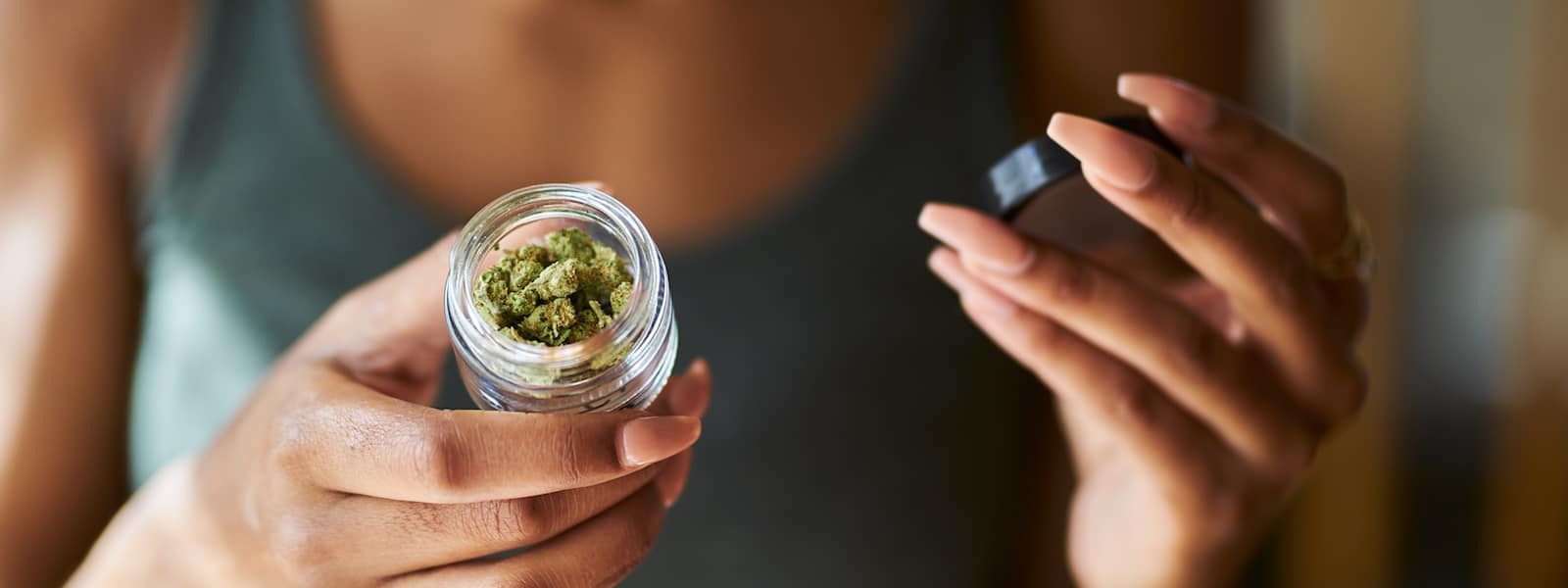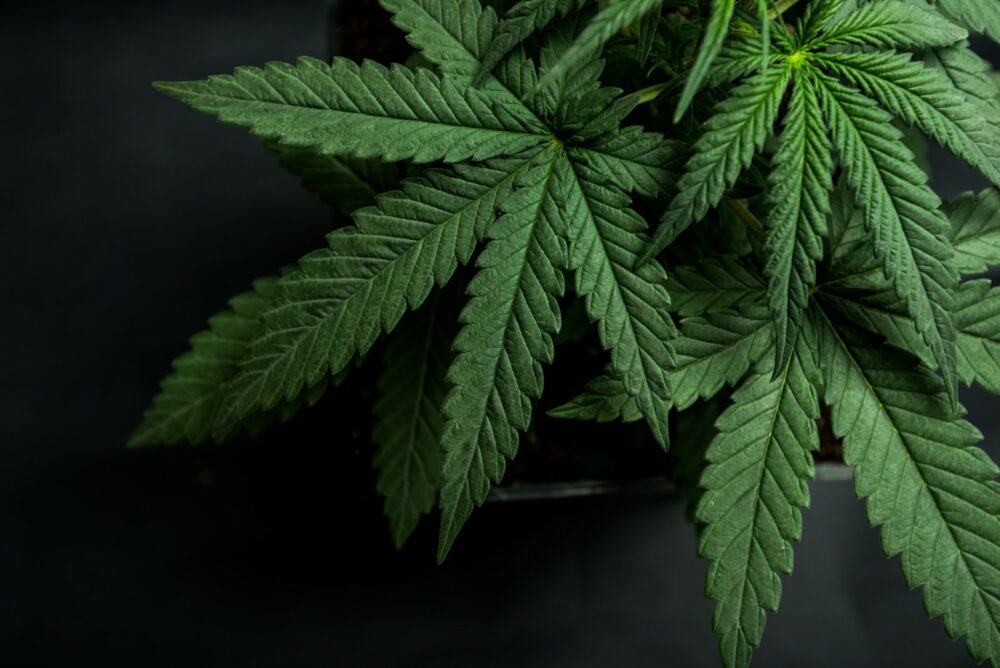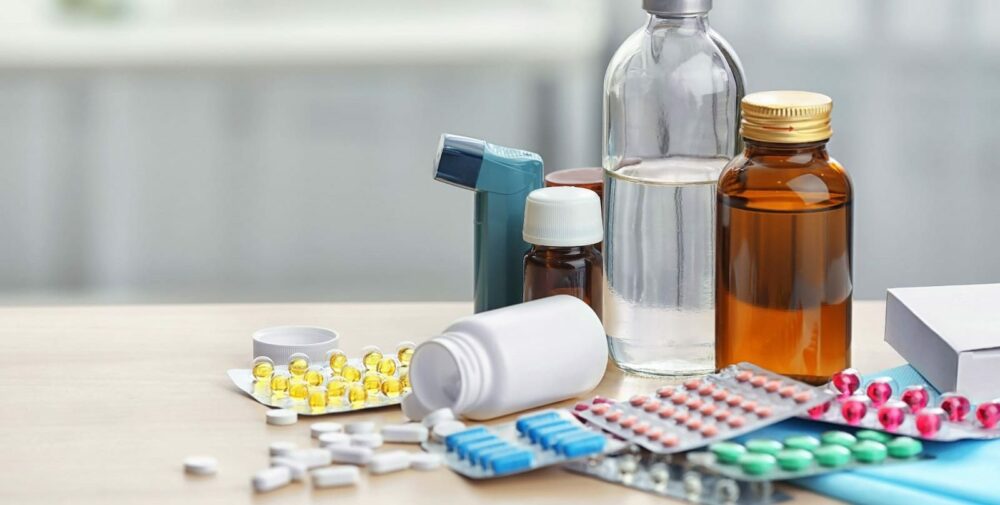Table of Contents
Marijuana most often refers to the dried and cured flowers and leaves from any member of the cannabis family of plants. Aside from alcohol and tobacco, it is the most widely used and abused drug in the United States.
However, marijuana is legalized in many states for medical and recreational use. This means that marijuana, cannabis, is easier to become addicted to. Shops called “dispensaries” carry a selection of various flowers and food products infused with the psychoactive ingredients of marijuana called “edibles.”
Marijuana has many different properties when it is taken. It fits into a wide variety of roles, such as stimulant, hallucinogen, and even a depressant, according to information from the National Institutes of Health.
The federal government, the DEA, and the National Institute on Drug Abuse all classify cannabis, or marijuana, as a highly psychoactive substance with hallucinogen effects. The CDC reports that marijuana is the most widely used of hallucinogenic drugs. Some 48.2 million people, or about 18% of Americans, used it at least once in 2019.
Any substance that affects the way your brain and body normally work can be classified as a psychoactive drug. Drugs in this category often come with notable side effects, such as:
- Mood swings
- Shifts in consciousness and awareness
- Noticeable changes in perception of reality
- Alterations to your thoughts and behaviors.
Heavy or chronic users can see an even wider assortment of potential harms and ill effects.
Is Marijuana a Stimulant or Depressant?
Depressants are drugs that slow down the central nervous system. Your central nervous system is only made up of two things: your brain and your spinal cord. Both of these elements are incredibly important.
This intricate system of nerves and neurons relays messages to and from the brain and other body parts. Depressants reduce the speed at which the body’s messages travel through the nerves by affecting the levels of various neurotransmitters.
Your central nervous system can become depressed through many drugs. These may include:
- Benzodiazepines
- Sleep medications like Ambien
- Barbiturates
- Dissociatives, and anti-seizure medications.
Depressants can be prescribed and used to great effect. But, when they are abused, they can lead to serious complications and dangers.
Even though many of marijuana’s effects are similar to depressants, it is not technically a depressant. This is because it does’t alter the levels of the crucial neurotransmitter gamma-aminobutyric acid. Instead, marijuana creates its effects by interacting with the brain to release dopamine, which can act as a powerful sedative.
Marijuana as a Depressant: How Does marijuana Impact the Body?
Marijuana can significantly negatively affect both short-term and long-term users of the drug. One of the first things that happen in users is the dopamine release. As soon as it’s ingested, marijuana triggers dopamine release in a powerful use & reward cycle for users. This is also responsible for much of the “high” user experience.
Users often feel calm, relaxed, and tired when they’re in a “high” state. However, it’s also normal for them to have a faster heart rate and heart palpitations. Feelings of paranoia and panic can also occur.
People who use marijuana often have slower reaction times. This can increase risk in emergencies or situations that require quick thinking. Also, marijuana users often experience “the munchies,” making them eat more than usual. Coupled with the tendency to be inactive when high, this could lead to weight gain.
Heavy or long-time users can begin to experience their unique effects due to the heavy use. Some information indicates that those who use heavier amounts or for longer periods show a decreased immune response. If the immune system is depressed, pathogens and viruses can take hold much easier.
Long-term marijuana use, like smoking anything else, can cause chronic bronchitis. It also raises the risk of getting lung diseases, such as cancer.
Chronic users also have a persistent phlegmy cough, constant lung irritation, and recurring or persistent bronchitis. Memory problems regarding short-term memory are another issue seen in those who use marijuana over long periods. Marijuana can significantly affect the hippocampus, which is where new memories are created.
One of the most dangerous impacts of marijuana is on the user’s judgment. This effect is significant for both short-term or infrequent users and long-term, chronic or heavy users.
This reduction in effective judgment can lead to incredibly dangerous situations. For example, the marijuana user may be compelled to drive a vehicle. They could also operate dangerous equipment while impaired.
Both scenarios could result in potentially deadly outcomes. The relaxing release of dopamine combined with this lack of judgment can create the ideal situation for negligence.
What Is a Treatment Option if Addicted to Marijuana as a Depressant?
If you think that you or someone you care about may be addicted to marijuana, it is important to let them know it’s nothing to be ashamed of. There is plenty of help available if they want it. In addition, many productive recovery methods can help a former user avoid the temptations of using again once they’ve quit.
Some of these recovery tactics include:
- Tell someone:
This is arguably one of the most important things you can do to improve your chances of recovery. It helps you build a support network and begin to have accountability for your sobriety, which is crucial. Often when people fail at an attempt at recovery, they keep it secret and try to heal alone.
- Get professional help:
There is a huge variety of options for intensive inpatient and outpatient treatment if that extra help is needed. Sometimes the most effective help can be professional help, and there is no shame in that at all. In addition, many facilities offer flexible treatment plans to suit your lifestyle and unique recovery needs.
Are you or a loved one battling a marijuana addiction? Are you looking for an inpatient or outpatient treatment program in Central Texas? If so, don’t hesitate to contact the team at Infinite Recovery today.
We offer a safe, healing place for you to begin your recovery journey. Time for you to build the skills necessary for a sober life.
Sources:
Infinite Recovery has strict sourcing guidelines and relies on peer-reviewed studies, academic research institutions, and medical associations for our references. We avoid using tertiary references as our sources. You can learn more about how we source our references by reading our editorial guidelines and medical review policy.
- National Institute on Drug Abuse. Cannabis (Marijuana) DrugFacts. National Institute on Drug Abuse. Published December 24, 2019. Accessed June 26, 2022. https://nida.nih.gov/publications/drugfacts/cannabis-marijuana
- Centers for Disease Control and Prevention. Data and Statistics. Published June 8, 2021. Accessed June 26, 2022. https://www.cdc.gov/marijuana/data-statistics.htm


